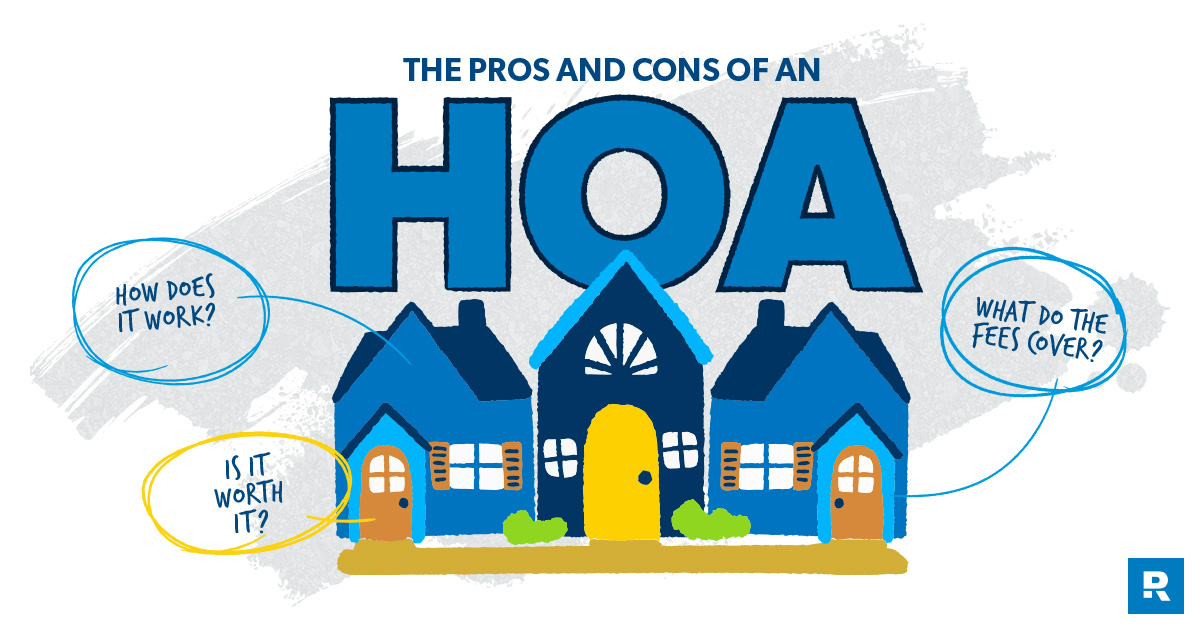Comprehensive HOA San Antonio Solutions: Your Partner in Neighborhood Improvement
Comprehensive HOA San Antonio Solutions: Your Partner in Neighborhood Improvement
Blog Article
The Duty of House Owners in Forming HOA Policies
In the world of home owners' associations (HOAs), the role of property owners fit plans holds substantial importance. Property owners are not simply occupants yet active stakeholders in the neighborhood they reside in, with a beneficial interest in the rules and regulations that regulate their lives. Understanding exactly how property owners can affect and contribute to HOA policies is crucial for promoting an unified living setting. By exploring the avenues with which property owners can impact decision-making processes, we discover a dynamic interplay that shapes the very significance of community living. Stay tuned to untangle the elaborate web of home owner engagement and its effect on forming HOA policies.
Value of Homeowner Interaction
Homeowner engagement plays an essential role in shaping the plans and decisions of homeowners' associations (HOAs) When home owners actively take part in the decision-making procedures of their HOA, they contribute diverse viewpoints that can lead to even more comprehensive and all-round policies. Involved house owners are a lot more most likely to stay informed regarding HOA issues, participate in meetings, and offer useful comments on recommended plans. Their participation aids make certain that plans mirror the demands and choices of the community they represent.
Additionally, house owner engagement promotes a feeling of possession and responsibility within the community. In addition, involved house owners are much more likely to support HOA initiatives, which can lead to smoother execution and better general success.
Ways to Influence HOA Plans
Efficient involvement in property owners' association (HOA) meetings and boards provides homeowners chances to affect and form HOA policies. One of the most straight ways home owners can affect HOA policies is by actively getting involved and participating in in HOA conferences. By articulating worries, recommending suggestions, and taking part in conversations throughout these meetings, property owners can straight affect the choices made by the HOA board. In addition, house owners can take into consideration competing placements on the HOA board or committees themselves. By becoming board members or committee leaders, house owners can straight influence the advancement and implementation of HOA plans.
In addition, house owners can collaborate with their next-door neighbors to form an unified front when supporting for details plan changes or campaigns. By organizing petitions, carrying out studies, or hosting community meetings, house owners can show the level of assistance for their recommended policies and enhance their opportunities of affecting the HOA's choices. Ultimately, by actively taking part, involving with fellow homeowners, and taking on management duties within the HOA, property owners can efficiently influence and form HOA policies to much better mirror the requirements and preferences of the community.

Effect of Property Owner Involvement
The energetic involvement of residents in homeowners' organization (HOA) activities significantly influences the policies and choices controling the area. When house owners take part in HOA meetings, offer responses on recommended plans, and participate in discussions with the board members, their input can shape the instructions of the area. Property owner involvement ensures that the HOA board you could check here considers a diverse variety of point of views before making choices that affect the whole community.
Additionally, home owner engagement can cause enhanced transparency within the HOA. By proactively participating in the decision-making process, homeowners can hold the board responsible for their activities and ensure that policies are carried out fairly and in the very best rate of interest of the area in its entirety.
Furthermore, when house owners proactively take part in shaping HOA policies, they feel a higher feeling of possession and pride in their neighborhood (hoa san antonio). This feeling of involvement fosters a stronger feeling of area and encourages locals to collaborate in the direction of typical objectives, inevitably creating a much more unified and desirable living environment for all residents

Benefits of Energetic Home Owner Participation
Active involvement by locals in property owners' organization activities contributes substantially to the enhancement of neighborhood administration and communication. When homeowners actively participate in HOA affairs, they bring diverse point of views and beneficial understandings to the decision-making procedure. This participation cultivates a feeling of ownership and obligation among citizens, resulting in a more natural and unified area.
Additionally, active home owner involvement helps to make sure that HOA policies line up with the needs and choices of the neighborhood participants - hoa san antonio. By voicing their point of views and worries, locals can influence the advancement of rules and guidelines that promote consistency and wellness within browse around this web-site the neighborhood. This joint technique not just reinforces community bonds but likewise improves the total lifestyle for home owners
Furthermore, energetic homeowner involvement can bring about increased transparency and liability within the homeowners' organization. When locals are actively participated in the governance process, there is better oversight and scrutiny of decision-making, which can assist protect against potential disputes and make certain fair and fair treatment for all participants. Inevitably, the advantages of active house owner participation extend beyond specific households to develop a more vivid and flourishing community.

Creating a Community-Driven HOA
Provided the value of home owner involvement fit HOA policies, promoting a community-driven strategy is necessary for the lasting administration and advancement of the community. A community-driven HOA equips citizens to proactively take part in decision-making procedures, making certain that plans show the diverse demands and choices of the neighborhood. By encouraging open interaction and partnership between homeowners and the HOA board, a sense of shared duty and ownership is cultivated, resulting in enhanced fulfillment and consistency within the neighborhood.
Developing a community-driven HOA entails developing mechanisms for home owner comments, such as surveys, town hall conferences, or suggestion boxes, to gather input on crucial problems and prospective plan modifications. Additionally, promoting transparency in HOA operations and decision-making processes fosters count on and responsibility among locals. By valuing house owner point of views and engaging them in the administration of the area, a community-driven HOA can boost overall resident complete satisfaction, advertise a feeling of belonging, and add to the long-lasting wellness of the area.
Conclusion

In conclusion, active homeowner interaction plays a critical role in shaping HOA plans. Developing a community-driven HOA requires continuous interaction and participation between property owners and the organization to make certain policies show the requirements and choices of the area.
In the realm of house owners' organizations (HOAs), the role of house owners in forming plans holds significant significance.House owner engagement plays a critical role in shaping the policies and choices of homeowners' organizations (HOAs)Reliable participation in house owners' Visit Website organization (HOA) boards and meetings provides homeowners opportunities to affect and shape HOA plans. Ultimately, by actively participating, engaging with fellow locals, and taking on leadership functions within the HOA, property owners can efficiently form and affect HOA plans to much better mirror the demands and choices of the neighborhood.
In addition, active house owner participation can lead to raised transparency and accountability within the property owners' association.
Report this page